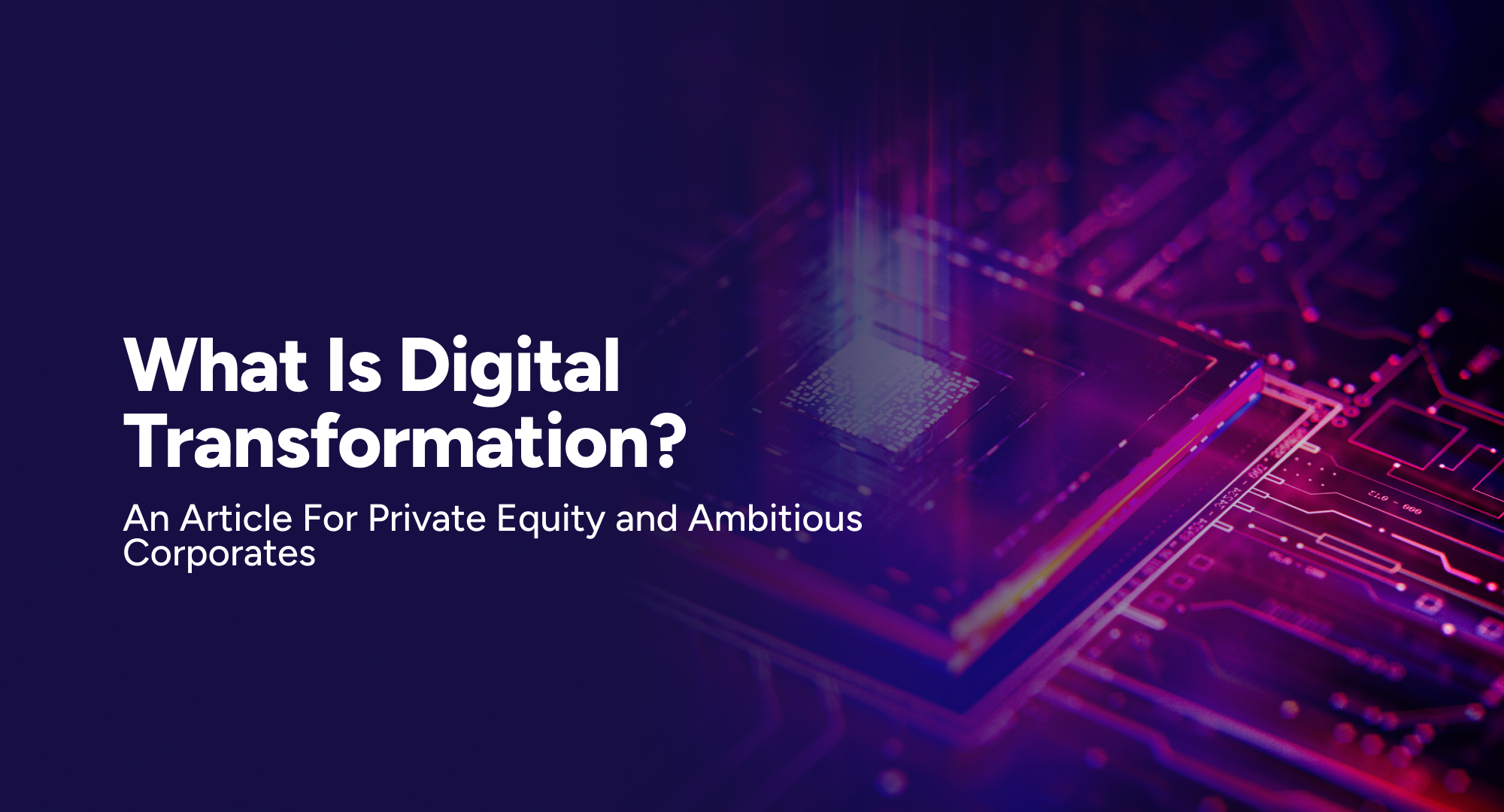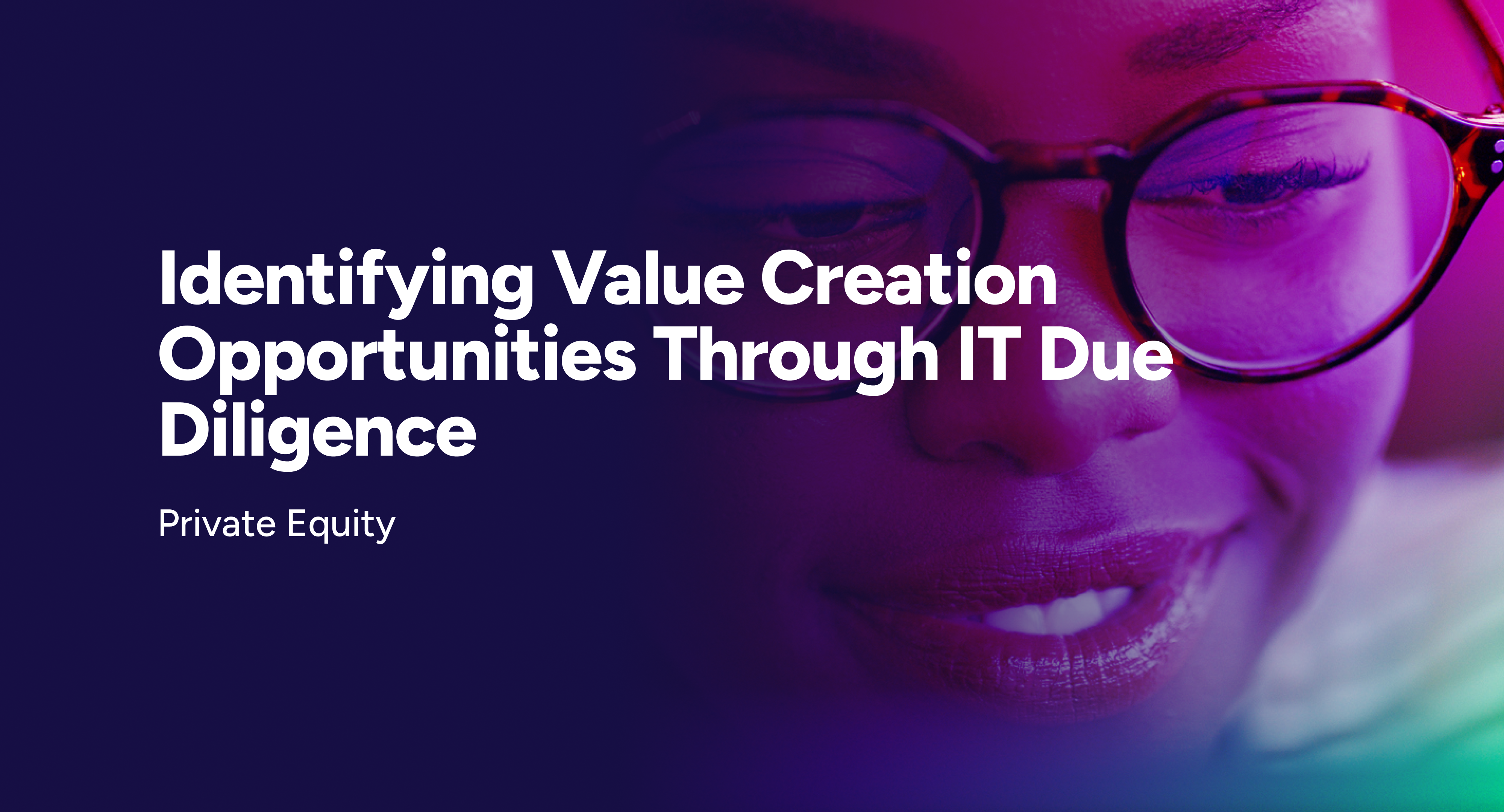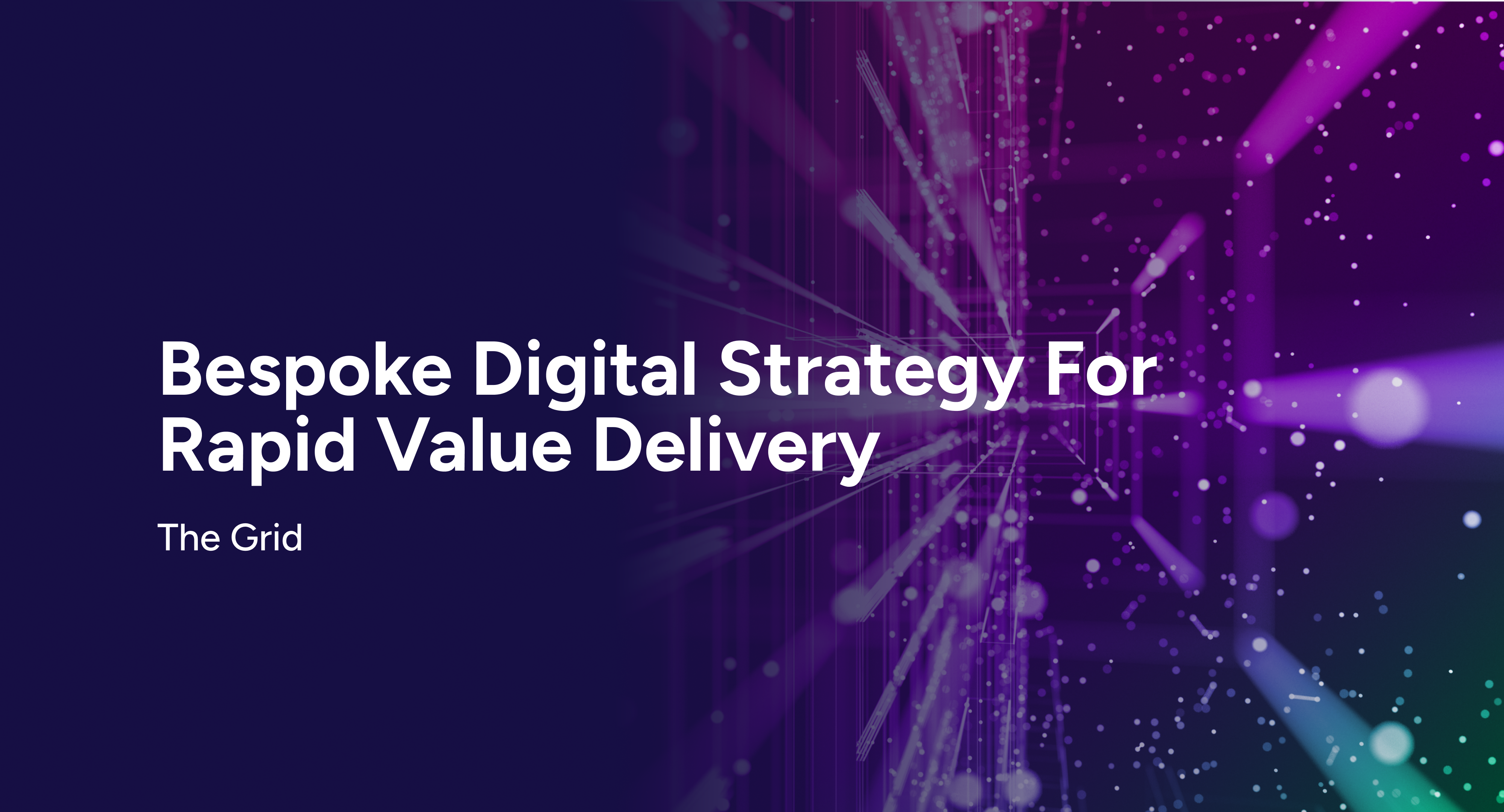Panamoure, and many other consultancies, help companies, partnerships, nonprofit organisations, educational establishments and government agencies digitally transform. But what does “digital transformation” actually mean? Well, it means many different things to all those various parties. For those organisations of a certain scale, the complexity and expense required for a comprehensive transformation programme may be well justified. Some of our work has involved partnering with FTSE100 companies and other large organisations, implementing digital transformation programmes which have lasted more than two years. For most mid-sized and smaller companies, a digital transformation this extensive is rarely warranted, in terms of both expense and operational requirement. Companies operating within the more modest areas of their respective markets, “digital transformation” can mean a far more pragmatic, rapid and consequently more affordable initiative. Though more modest in terms of effort and investment, such programmes can yield disproportionately transformative results and in the right circumstances, the same can hold true for larger organisations too. Scale need not necessarily compel complexity and greater expense.
There are numerous definitions of “digital transformation”. In this article, you can expect to find:
- What Digital Transformation means to Panamoure
- What Digital Transformation means to some of Panamoure’s clients, both actual and prospective
- What Digital Transformation means to other practitioners and commentators
To download the PDF of the full report, please enter your details below.







